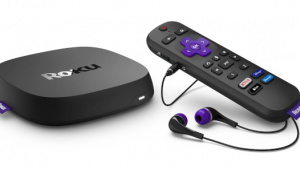The conversation about streaming and its growth always seems to ignore the role of internet service providers. I think ISPs are the biggest drag on the growth of streaming content.
Part of this is the ISPs' infrastrucutre - unless you have Verizon FIOS or the like, your bandwidth is limited, in part, by your neighbor's use of bandwidth as well.
Part of it also is the ISP's cost structure. The ISPs all seem to have teired pricing now, and anything but the slowest connection is generally pretty expensive. For example, I pay $40/month for a (theoretically) 10 MB/sec connection. My ISP would charge me $60/month to go up to a 15 MB/sec connection.
Finally, my sense is that most ISPs will throttle individual bandwidth if usage is too high. I recently bought the Lord of the Rings Extended Cuts on Blu Ray, which came with digital copies that are downloaded over the Internet into iTunes. Each of the three movies was about 3 GB in size. By the time I downloaded the third movie, our connection was pretty slow and remained bad for several days thereafter. This is anecdotal, but it makes a point. High streaming usage is likely to result in a slower internet connection as data for lower-usage customers is prioritized.
Unless the ISPs are on board and make changes to the above, I don't see how streaming can continue to grow into something that can replace physical media.


































































